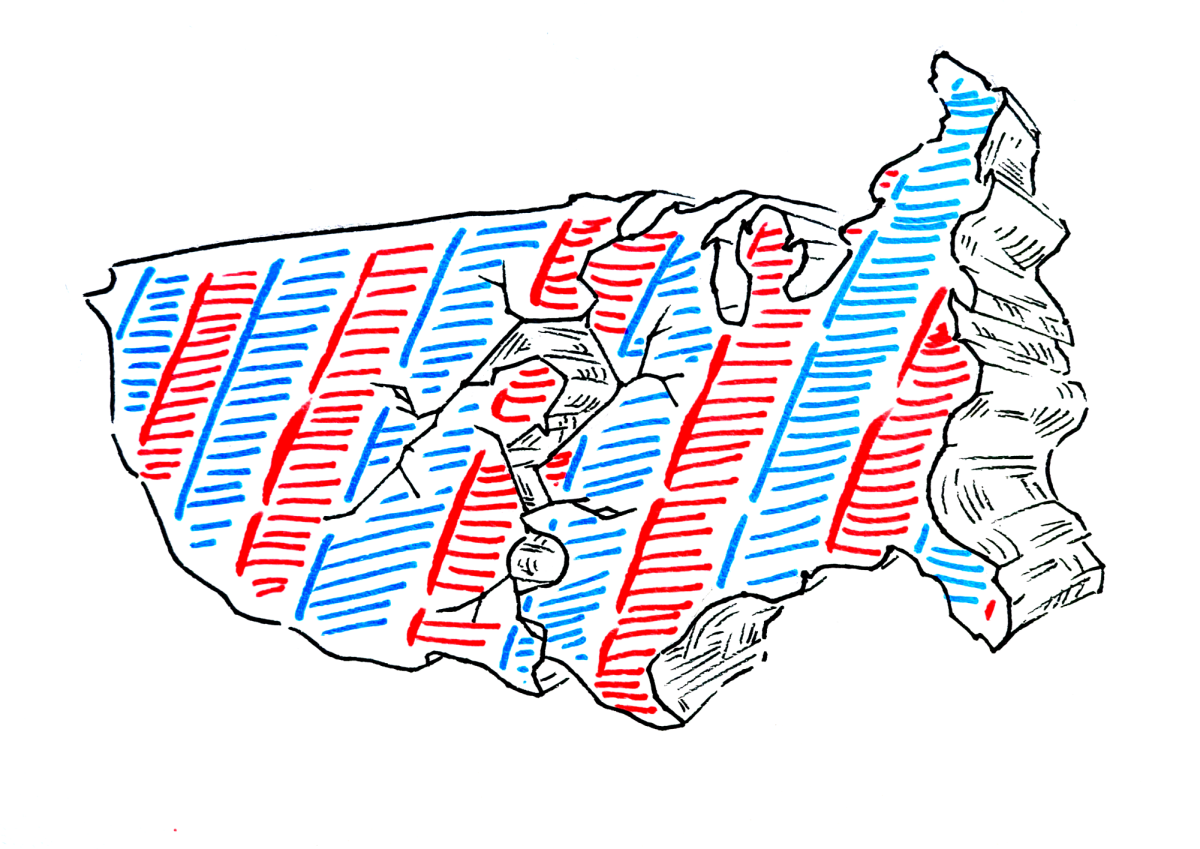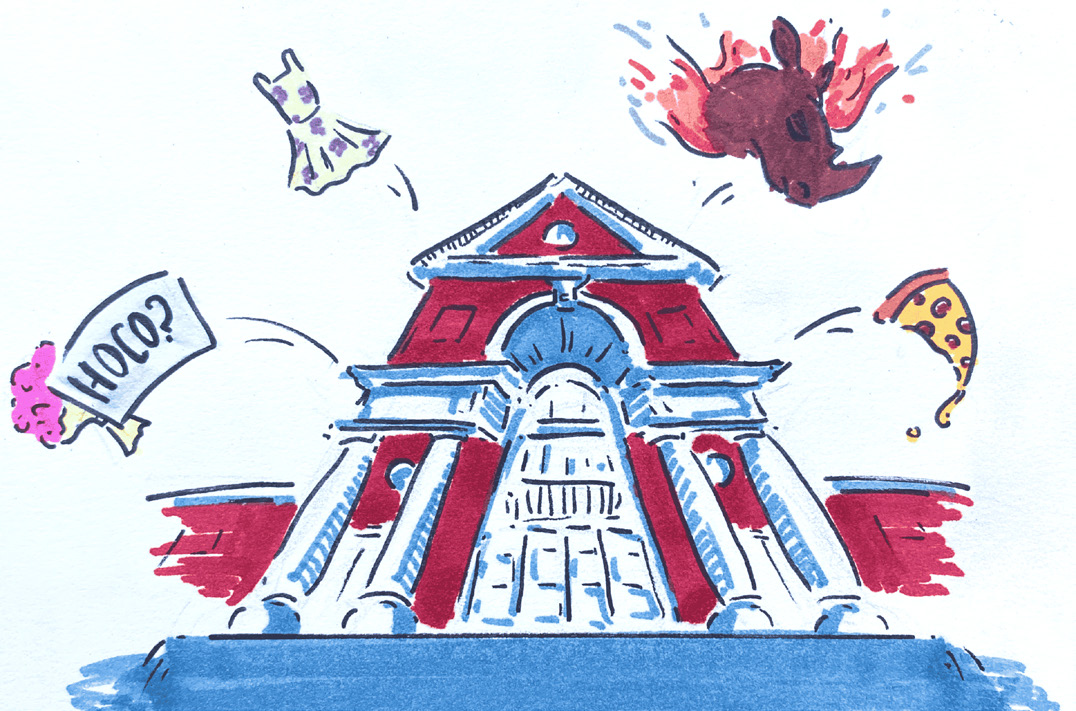When I first agreed to write about this topic, I wanted my piece to be different from other op-eds. There must be some eye-opening, life-changing argument that other writers are missing, I firmly believed. The Electoral College can’t possibly be all bad. But one day before submission, I finally gave up…because there is absolutely zero reason to keep the Electoral College.
The EC is a product of a different time. It was born at the Constitutional Convention in 1787, when delegates were split between two options: electing the president by a popular vote or a vote by Congress. The Founding Fathers were worried that the average 18th-century American citizen’s political knowledge was limited by the inability to easily and quickly access and share information. They also feared citizens would vote for candidates simply based on their state of origin, increasing the chance of an incompetent president. So they decided to assign each state a number of electoral votes equal to its number of representatives in Congress. The Founding Fathers intended the EC to be a system of checks and balances: people would select their local electors—the most sound and informed individuals from each state—who would then independently vote for a candidate based solely on merit and competency.
Today, we live in a time where information is readily accessible. People can easily learn about candidates’ merits, beliefs, and policies online and from the news. Additionally, “faithless electors”— electors who cast a vote diverging from public opinion—often face consequences, which pressures most electors into agreeing with the popular vote. This undermines the entire purpose of the EC; if the electoral vote is indistinguishable from the popular one, then it no longer functions as a correction to the errors of public opinion.
Many believe that the EC rightly equalizes power between large and small states, because America is based on federalism. To this, I say: small states are represented equally in Congress by the federalist principle in the Senate. And even then, the president is a symbolic embodiment of the American nation as a whole; that’s why the preamble to our Constitution begins “we, the people of the United States,” not “we, the states.” Equality for all people should matter way more than that for the states, because without humans, what are states? (Answer—nothing).
Others argue that without the EC, politicians would cater to large urban centers and disregard small states. But that’s just fearmongering—it’s statistically proven that candidates are unlikely to win by campaigning only in large states.
In 2016, the 10 largest states cast a total of 71 million ballots, which was 52% of the total. Although it’s technically true that if a candidate won every single ballot cast in those states, they would win the popular vote, such an outcome is practically impossible. The margin for error is so small (2%) that even the most incompetent political advisors would still caution against a strategy that appeals exclusively to populationally dense states.
In the current system, people in smaller states have a disproportionate amount of power. For instance, California has one electoral vote per 709,090 citizens, while Wyoming has one electoral vote per 193,333 citizens, which give WY’s citizens 3.6 times more influence than people in CA in electing the president.
States with more electoral representation per voter are currently whiter and more conservative. Because smaller states are generally Republican strongholds, the current EC essentially gerrymanders for the Republican Party— that’s how our last two Republican presidents won the EC without winning the popular vote.
Last but not least, it’s ironic that people argue that the EC prevents the “tyranny of the majority” when in fact, the winner-take-all system washes out opinions inside a state that isn’t in the majority.
This oversight leads to resentment and distrust in our politics (and toward each other). If the only thing holding us back from reform is some sentimental attachment to decisions made in 1787, it’s time for things to change.






